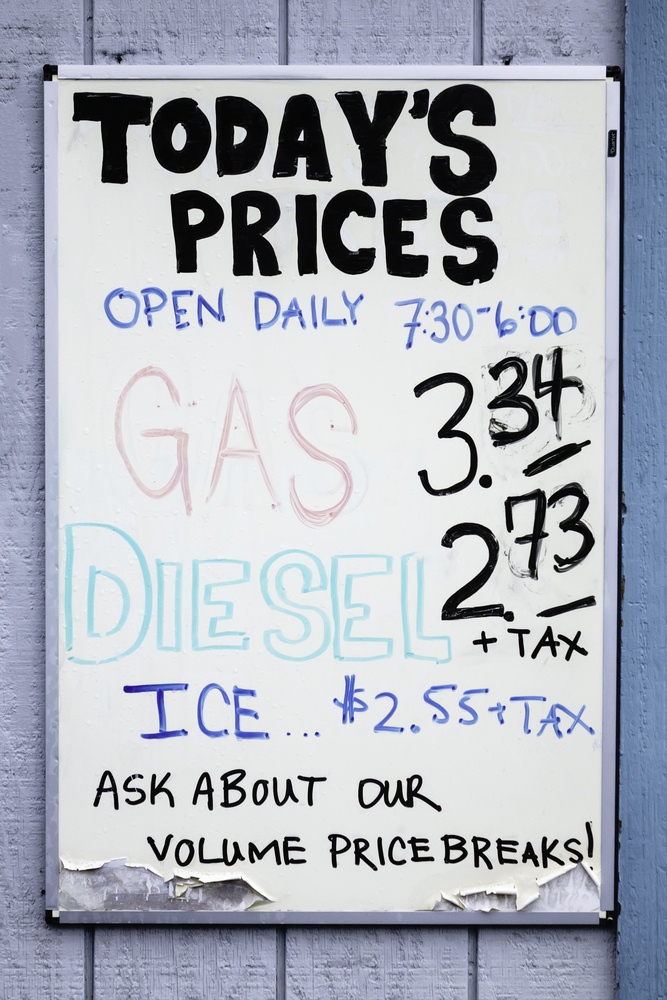Interview with a Lender: Advice for Buying a Car
So you’ve decided it’s time to buy a car, but where do you start? To help you navigate the car buying process I sat down with two expert auto...

When you own a car, paying for gas can be one of the biggest expenses. Gas prices are always fluctuating; therefore, it makes more sense to squeeze out as many miles as possible from every gallon in your vehicle's tank.
When it comes to saving fuel, you have full control. The way you drive and maintain your vehicle can influence its fuel consumption. You can use the following tips to minimize your car’s fuel consumption.
When you drive aggressively, you are wasting fuel, especially at high speeds. Accelerate smoothly and brake softly and early, and minimize how often you change lanes. These techniques not only help you in saving gas, but also prolong the life of your brakes and tires, saving you even more!
When you speed up, a lot of fuel is wasted. For many cars, gas mileage decreases immensely when you drive faster than 50 miles per hour. So slow down to save significant amounts of gas.
Fuel economy drops when you use air conditioning at low speeds. However, when you are driving 55 mph or faster, using the air conditioning is preferable, as the engine generates more power at higher speeds, allowing the air conditioning to run more efficiently.
Carrying extra weight can cause mileage to drop. To travel lightly, you should only keep essential items in the vehicle.
Vehicle tune ups can improve fuel mileage. Replacing a faulty oxygen sensor may improve mileage by up to 40%.
Properly inflated tires help keep vehicles safe, offer better handling, and increase gas mileage. However, the tires should not exceed the recommended operating air pressure as an over inflated tire can also cause problems.
Use of a bad grade of motor oil can lower fuel economy. Therefore, you should follow the manufacturer’s recommendations for motor oil at all times.
Changing the worn out fuel filter and spark plugs, having the wheels aligned and inspecting your exhaust and emission systems can improve your mileage.
Your vehicle will run best with the recommended fuel octane, which is specified by the manufacturer of your vehicle. Using an octane that is higher than required can be expensive and it won’t be beneficial for your car.
Take the bus, walk, or ride a bicycle instead of driving alone. Sharing a ride with someone can also save gas. You may also limit your fuel purchases when gas prices are high.
There are lots of ways to save gas. Use these helpful tips to reduce your expenses and lessen your environmental impact.

So you’ve decided it’s time to buy a car, but where do you start? To help you navigate the car buying process I sat down with two expert auto...

Whether you're looking to buy your first vehicle or your fourth, there are a number of things to consider before signing on the dotted line. Taking...

There are a lot of things in life people take for granted. Reliably getting around town and getting your kids from point ‘a’ to point ‘b’ almost...